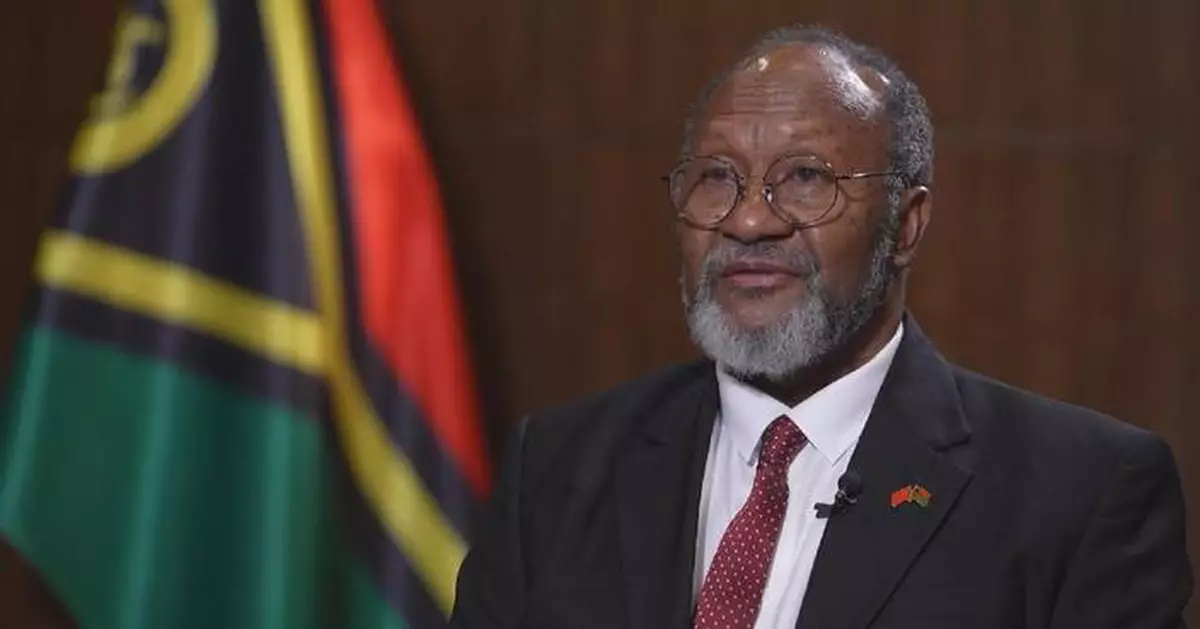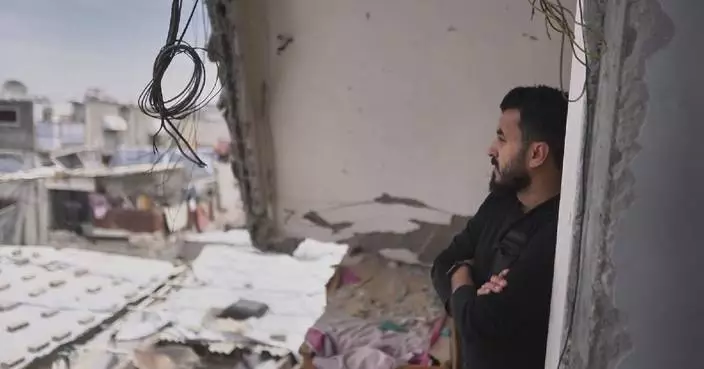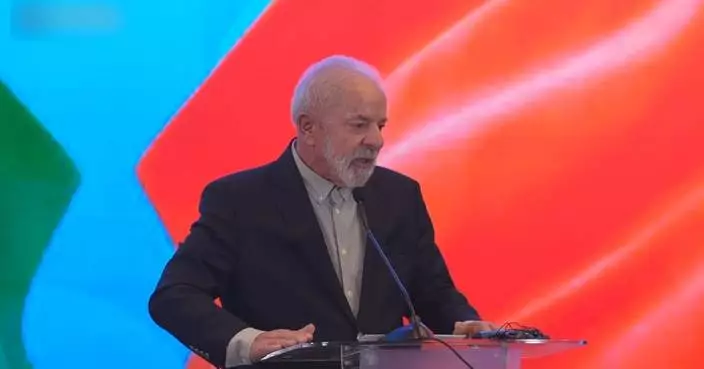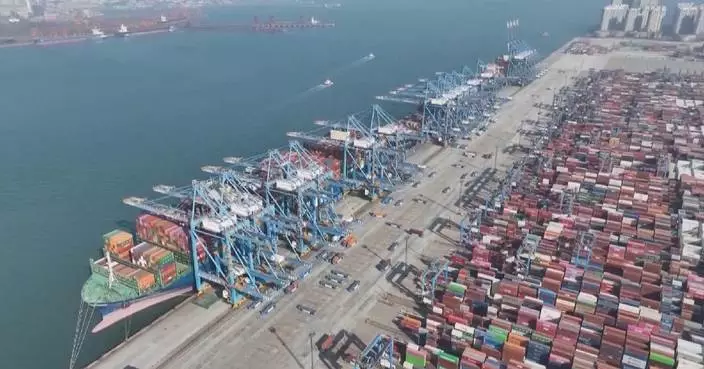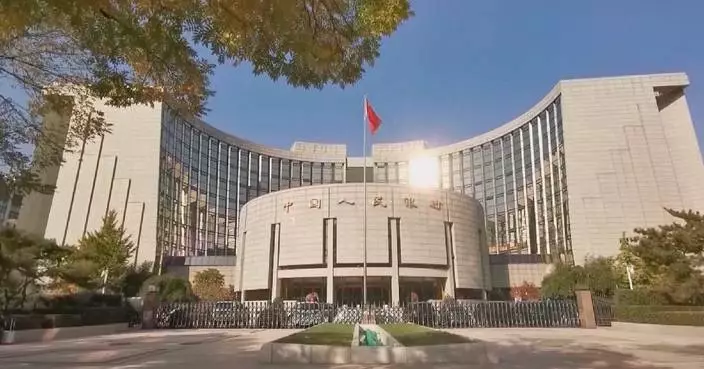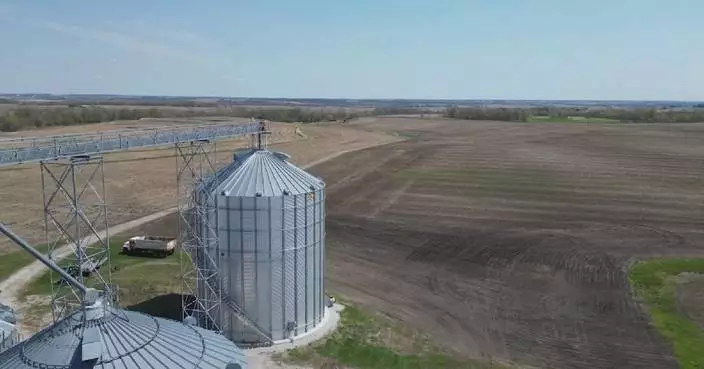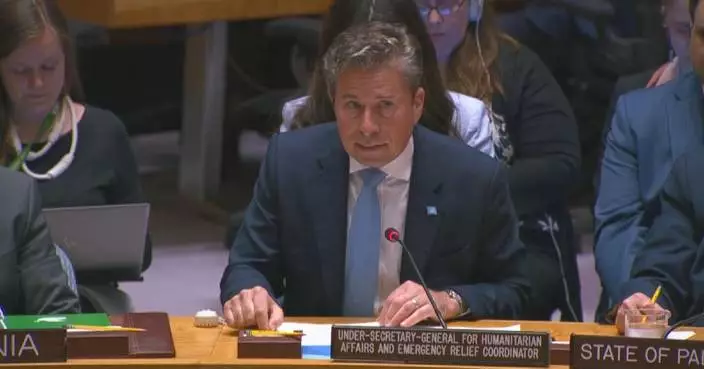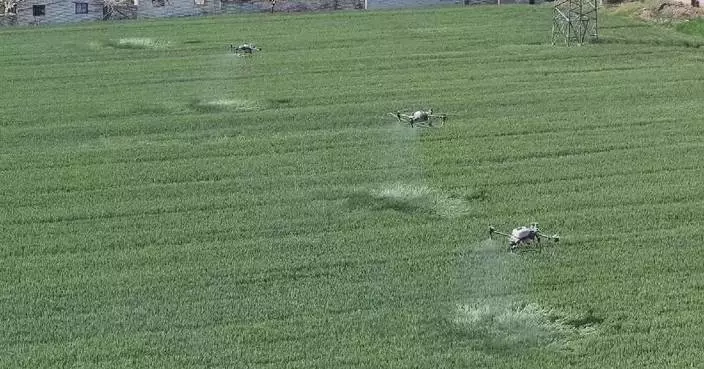China's infrastructure assistance to Vanuatu has dramatically improved people's well-being in the Pacific country, said Prime Minister of the Republic of Vanuatu Charlot Salwai.
Salwai paid an official visit to China from July 7 to 12. During his trip, he toured the southern province of Guangdong and explored the megacities of Beijing and Shanghai. His visit included tours of high-tech companies, a ride on a high-speed train, and the viewing of a performance of traditional Cantonese opera.
On Dec. 18, 2023, the handover ceremony was held for the Vanuatu Malekula Road Phase II, constructed by the China Civil Engineering Construction Corporation (CCECC) on Malekula Island. The road has been hailed by local people as "the road of hope" or "the road to the future."
At the ceremony, Salwai said the new road signifies "a new level of partnership with China."
In an interview with China Central Television Network (CCTV) that aired on Friday, Salwai said the new road has brought major benefits to ordinary people.
"It's a great change for their life because you would see the condition of the road before. Sometimes during bad weather, we could not go to a village by vehicle. The vehicles could not cross the rivers, could not cross some rough areas. But today, in only a few minutes we can get to the main center for the island. Before, we could not. So it's a big change in the life of the people. We can have access to schools, to hospitals," Salwai said.
In a poignant example of challenges on the island before the road's construction, the prime minister recalled that many women would begin giving birth before reaching a medical facility.
"Many women sometimes delivered on the road. They could not reach the hospital because of the condition of the road," said Salwai.
Vanuatu is one of the first countries to join China's Belt and Road Initiative, and now the cooperation projects within the framework, including the building of national stadiums and schools, are becoming landmark projects not just for the country but for the entire South Pacific region.
"The priority of the government is to try to do as much as it can within its means, of course, to provide better service to the people, and in Vanuatu, a few of islands are benefiting. We have found a similar route on the island of Tanna. Tanna is one of the areas that is attracting tourists because that's where we have an active volcano. Associated with the road, we will now have more better access to go to the volcano. Before it was very hard. Today we can go to the volcano. And I think it is shared with other islands in the Pacific because we are all small islands. We have limited resources. But with the cooperation and relationship that we have with China, we can afford or we are going to be able to have access to this infrastructure. It is also resilient because it can resist cyclones," the prime minister said.
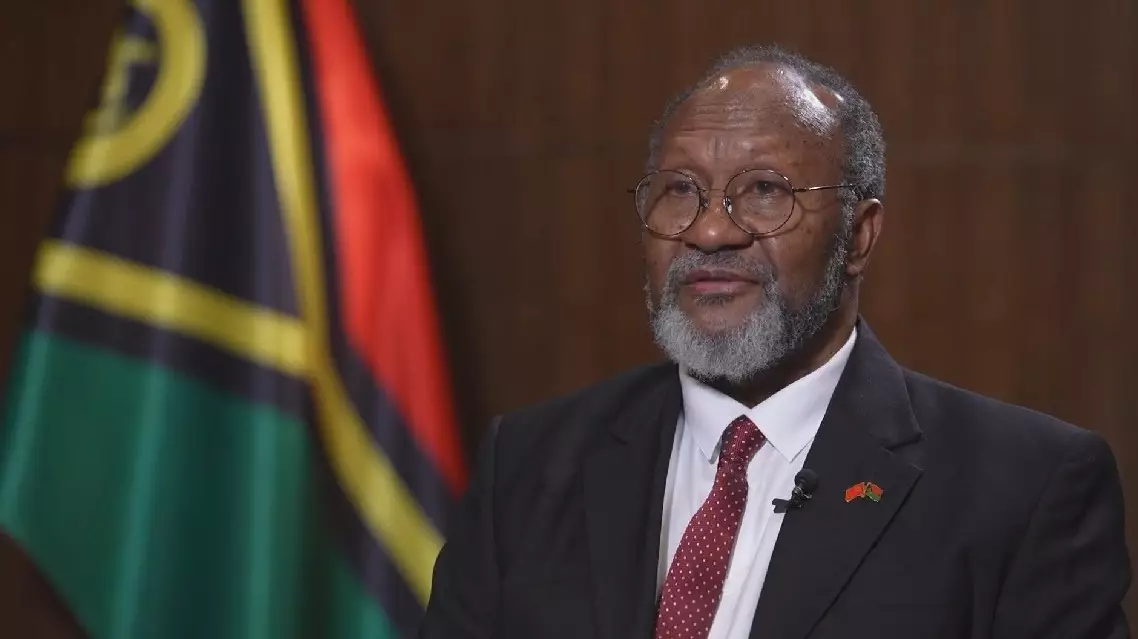
Vanuatu's PM recounts life-changing impacts of China-assisted road development


